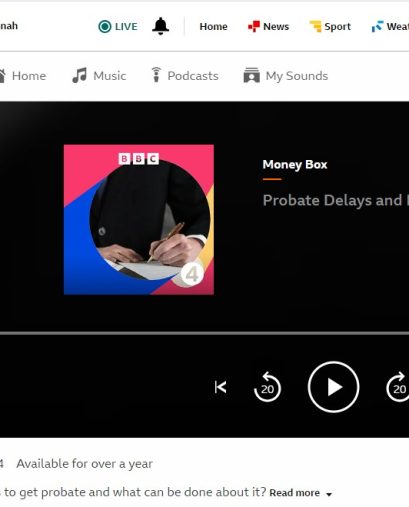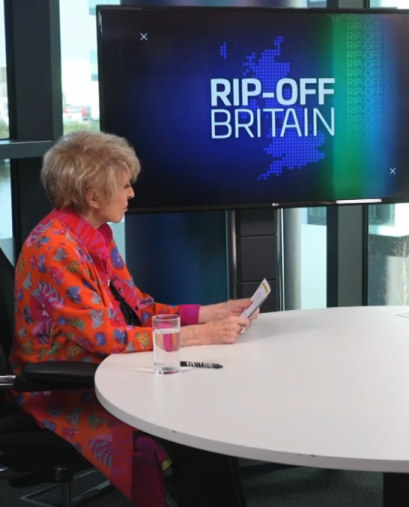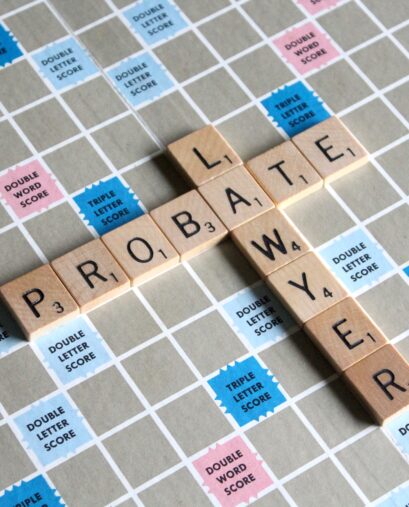Changes to Business & Agricultural Property Relief: What you need to know

Farmers, landowners and business owners could face unwanted inheritance tax (IHT) bills from April 2026, as major changes to Business Property Relief (BPR) and Agricultural Property Relief (APR) come into force.
These reliefs, which currently allow many family businesses and farms to pass free of inheritance tax, will soon be capped – and the difference could run into hundreds of thousands of pounds.
But what is changing, who will be affected and what should you do next? Jo Summers, Partner in our Private Wealth & Tax team, explains.
What is changing?
The new legislation, which has now been published, shows how the BPR and APR rules will change from 6 April 2026.
- £1m cap per person – The maximum relief will be £1 million per individual.
- 20% tax above the cap – Any value over that threshold will be taxed at 20%.
- No spousal transfer – Unlike the nil rate band (NRB), the £1m allowance cannot be transferred to a surviving spouse. If it isn’t used, it’s lost.
Who is affected?
For families with valuable farms or businesses, the changes announced could mean a substantial tax bill where none previously applied.
What may be less well known, however, is that the £1m allowance cannot be transferred between spouses – so it’s a ‘use it or lose it’ approach, just like it used to be with the NRB.
For example:
- A family farm worth £3m would currently pass free of inheritance tax.
- From April 2026:
- £1m would be exempt from IHT.
- The remaining £2m would be taxed at 20% = £400,000 tax bill.
If the farm is left outright to a spouse, the first spouse’s £1m allowance would be wasted, because spouse exemption applies first.
With professionally drafted wills, both spouses could use their £1m allowance, reducing the overall IHT bill to £200,000. And with careful lifetime planning, the IHT bill could be removed completely.
Planning ahead: Options to consider
It’s important to review your estate planning now so that you make best use of the new allowance.
This might include:
- Updating your will – Leaving qualifying assets into a discretionary will trust instead of directly to a spouse, so the £1m exemption is not lost.
- Making lifetime gifts – Passing on qualifying assets during your lifetime to use the allowance effectively. This might include putting assets into a trust during your lifetime.
- Deeds of Variation – If someone passes away after April 2026, varying the estate to redirect assets away from a spouse could help preserve the £1m exemption.
What to do next
The new rules mark a return to a “use it or lose it” approach, and the consequences for families with agricultural or business assets could be significant.
If you have business or agricultural assets, we recommend seeking advice well before April 2026 to make sure your £1m exemption is not lost.
At Jurit LLP, our private wealth & tax team can help you to:
- Review your will and estate planning.
- Explore whether trusts or gifts might be appropriate.
- Plan now to minimise inheritance tax for future generations.
Get in touch now to request a no-obligation call back from our team.
If you have any questions, please contact
Jo Summers Partner - Private Wealth & Tax +44 (0) 20 7846 2370 jo.summers@jurit.comPlease note this paper is intended to provide general information and knowledge about legal developments and topics which may be of interest to readers. It is not a comprehensive analysis of law nor does it provide specific legal advice. Advice on the specific circumstances of a matter should be sought.

















